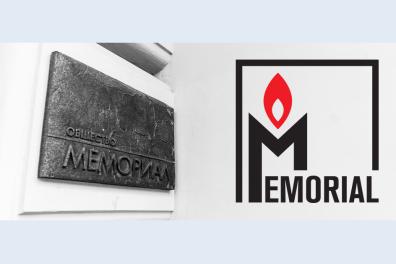Support for Memorial and Russian historian Yuri Dmitriev
Menu INALCO

Statement by the Inalco Board of Directors
The Russian NGO Memorial International was dissolved on December 28, 2021, followed on the 29th by its twin "Rights Defense Center", by decision of the Russian Supreme Court and then a Moscow court, on the grounds,
- for the former, of alleged violations of the law on "agents of foreigners", "creation of a false image of the USSR as a terrorist state" (playing on the meaning of the word "terror" applied to the Stalinist period) as well as "criticism of organs of state power",
- and of apology "for terrorism and extremism" for the second.
The absurd and/or cynical nature of these accusations has been unanimously emphasized, in the media, by the academic community, in France as in other countries with a strong tradition of academic freedom: notably members of the Bureau of the Mémorial France association (founded in 2020), including historian Nicolas Werth, its president, who wrote une tribune underlining the seriousness of the event, and this interview with sociologist Françoise Daucé.
The case of historian Yuri Dmitriev, mentioned in recent years in the French press by Nicolas Werth and other members of the academic community, is closely linked to the persecution of the NGO by the current government: his prison sentence was extended on December 27, the day before Memorial's two branches were dissolved. Yet his work, like that of the learned society, directly concerns us as academics, since it involves shedding light on, and preserving the memory of, the crimes of Stalinism, in Russia and the other countries concerned, including via the world workers' movement in the 20th century. It should be pointed out that at no time since its creation in 1989 has the NGO denied the crimes of fascism and Nazism in Europe, or of Japanese militarism in Asia, nor sought to relativize them, as its accusers in Russia claim today. For its part, Memorial's "Human Rights Center" branch has been striving since its creation in 1991 to improve access to the law for people living in Russia's crisis territories (in the North Caucasus, in particular), and in Central Asia: a difficult task, which cost the life of journalist and NGO activist Natalia Estemirova, in 2009.